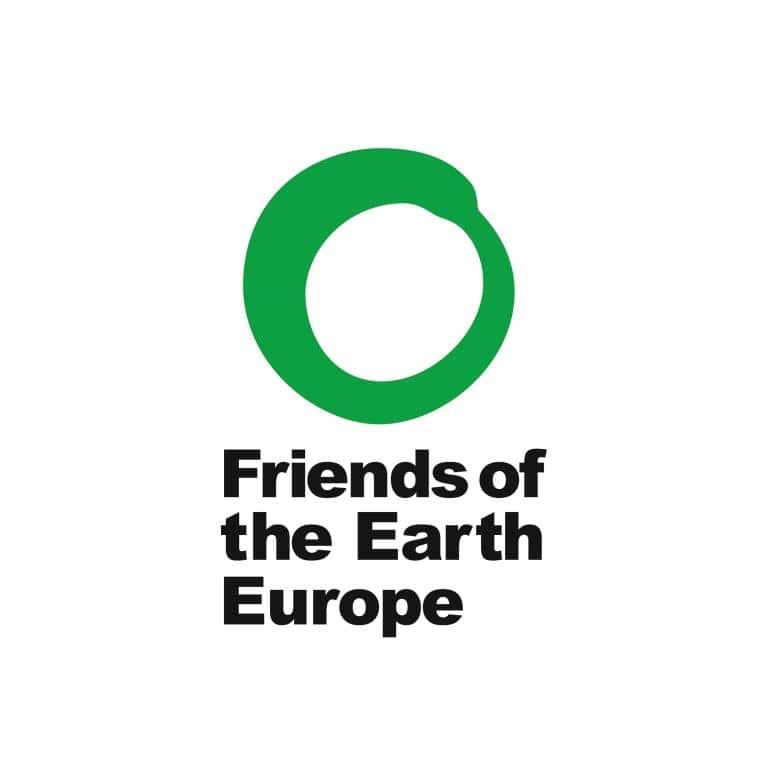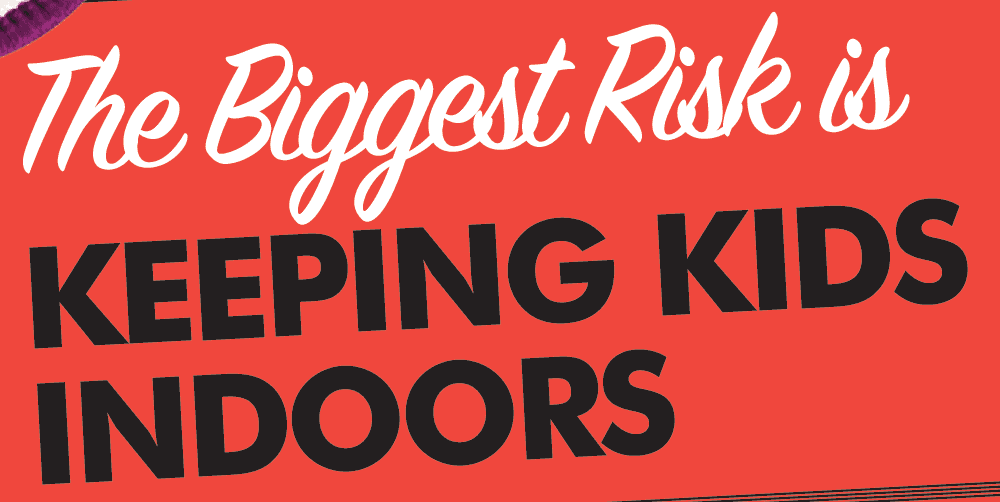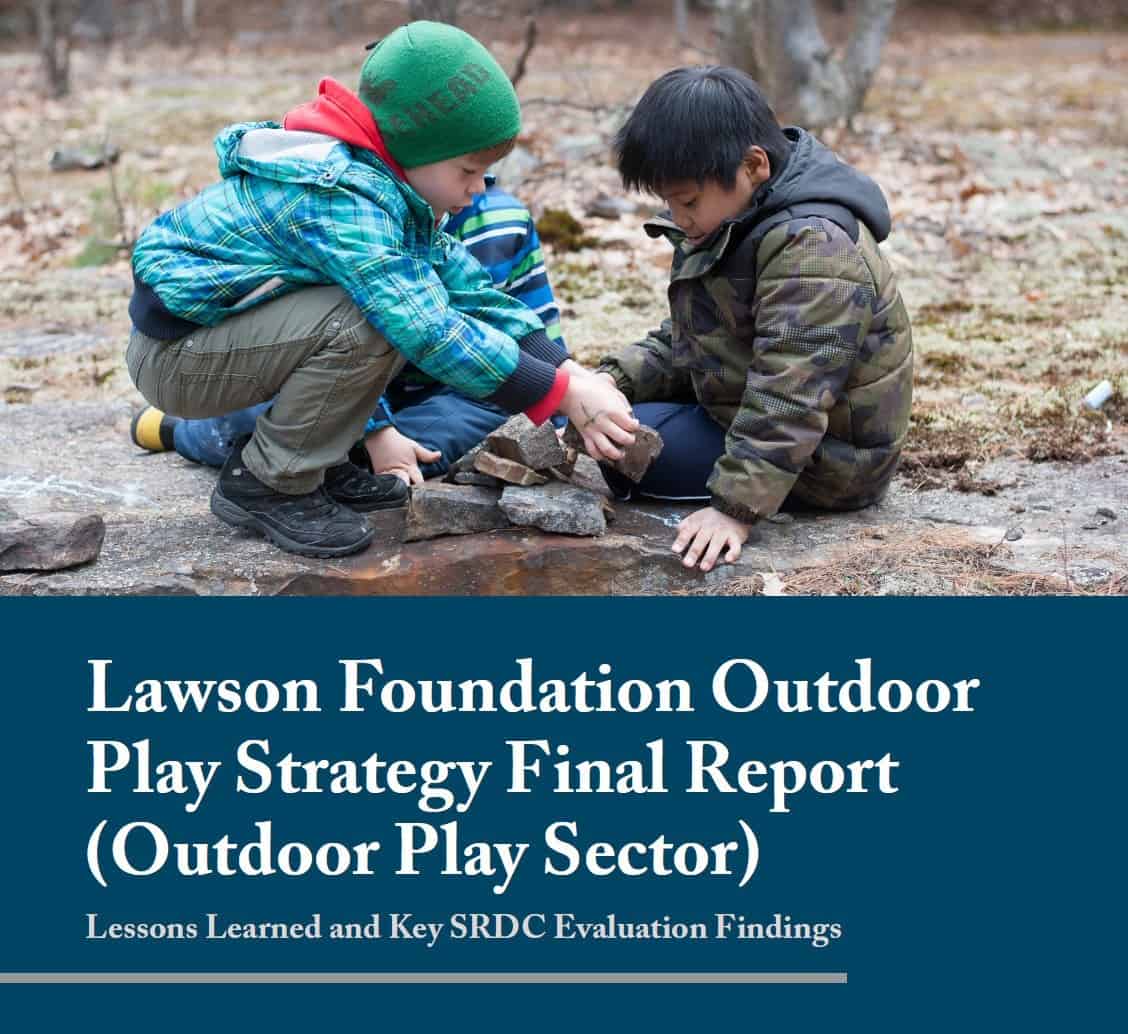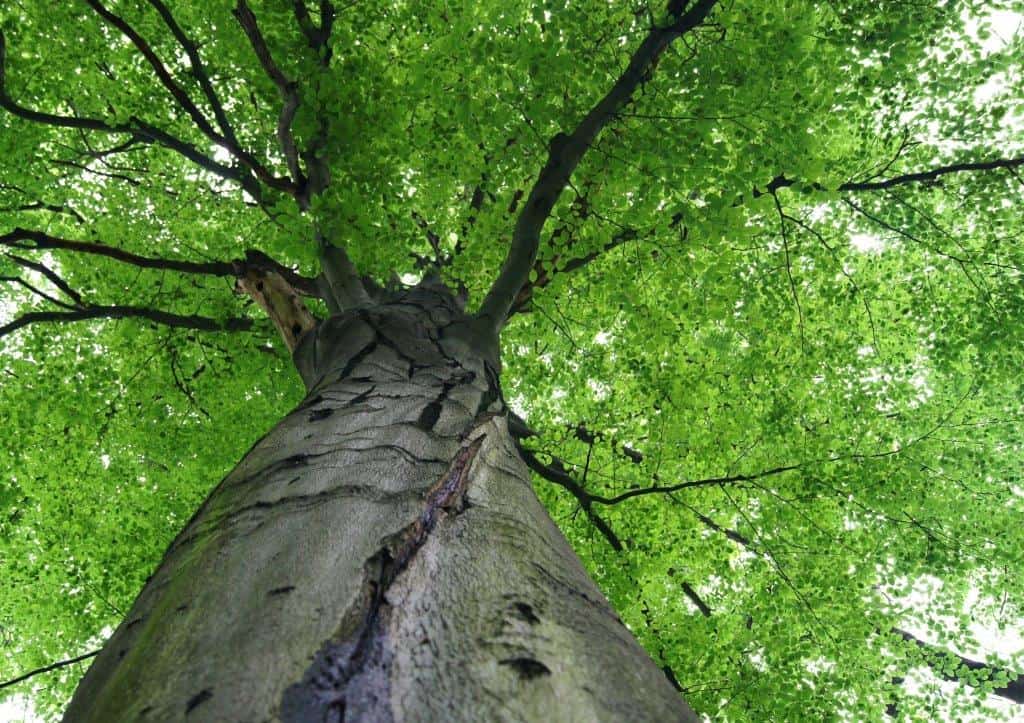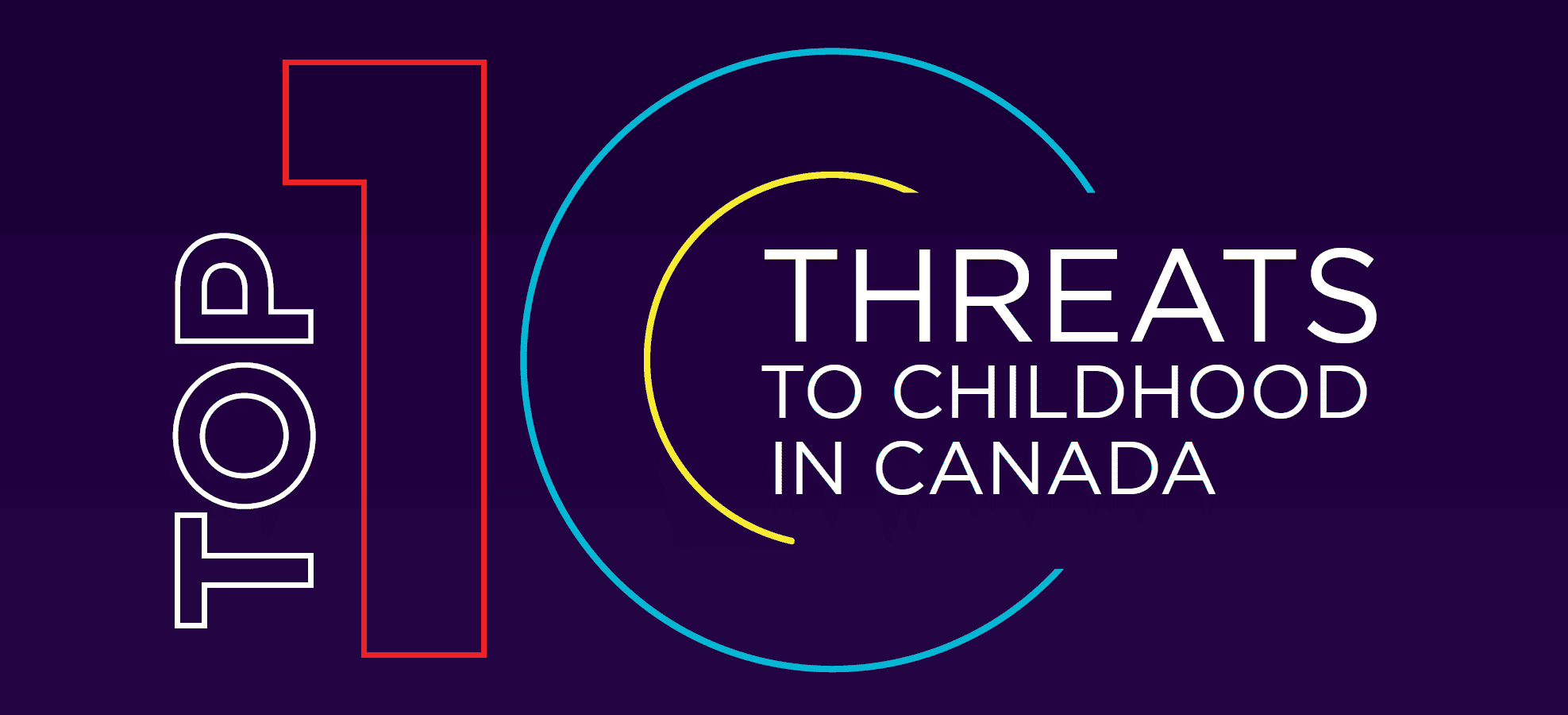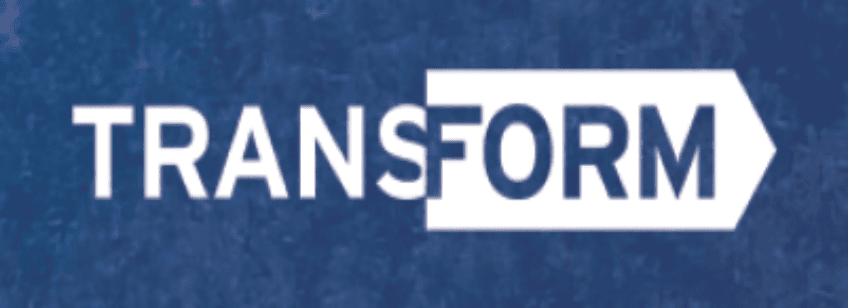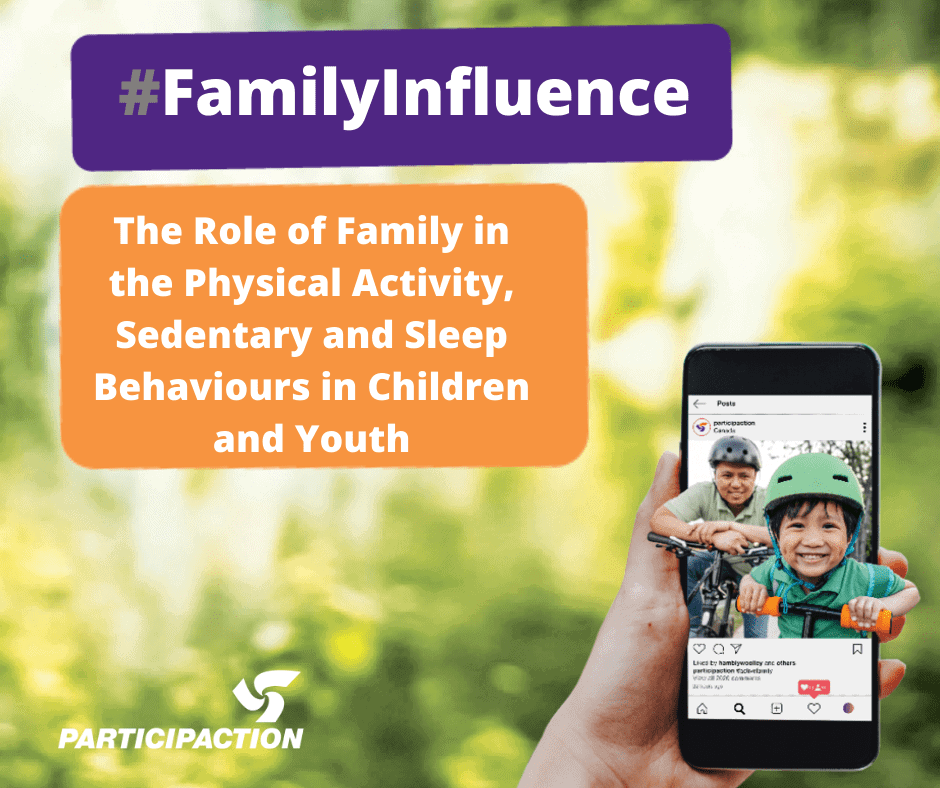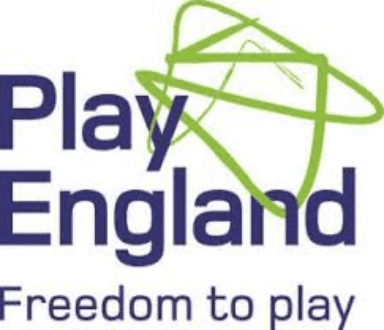Nature and Why It’s Essential for Kids’ Brains Info Sheet
Nature and Why It’s Essential for Kids’ Brains: Information for Parents and Caregivers info sheet from ementalhealth.ca provides information on what spontaneous outdoor play is, the health benefits of spontaneous outdoor play for children's physical and mental health based on evidence from the Position Statement on Active Outdoor Play, and the disadvantages of indoor play...



